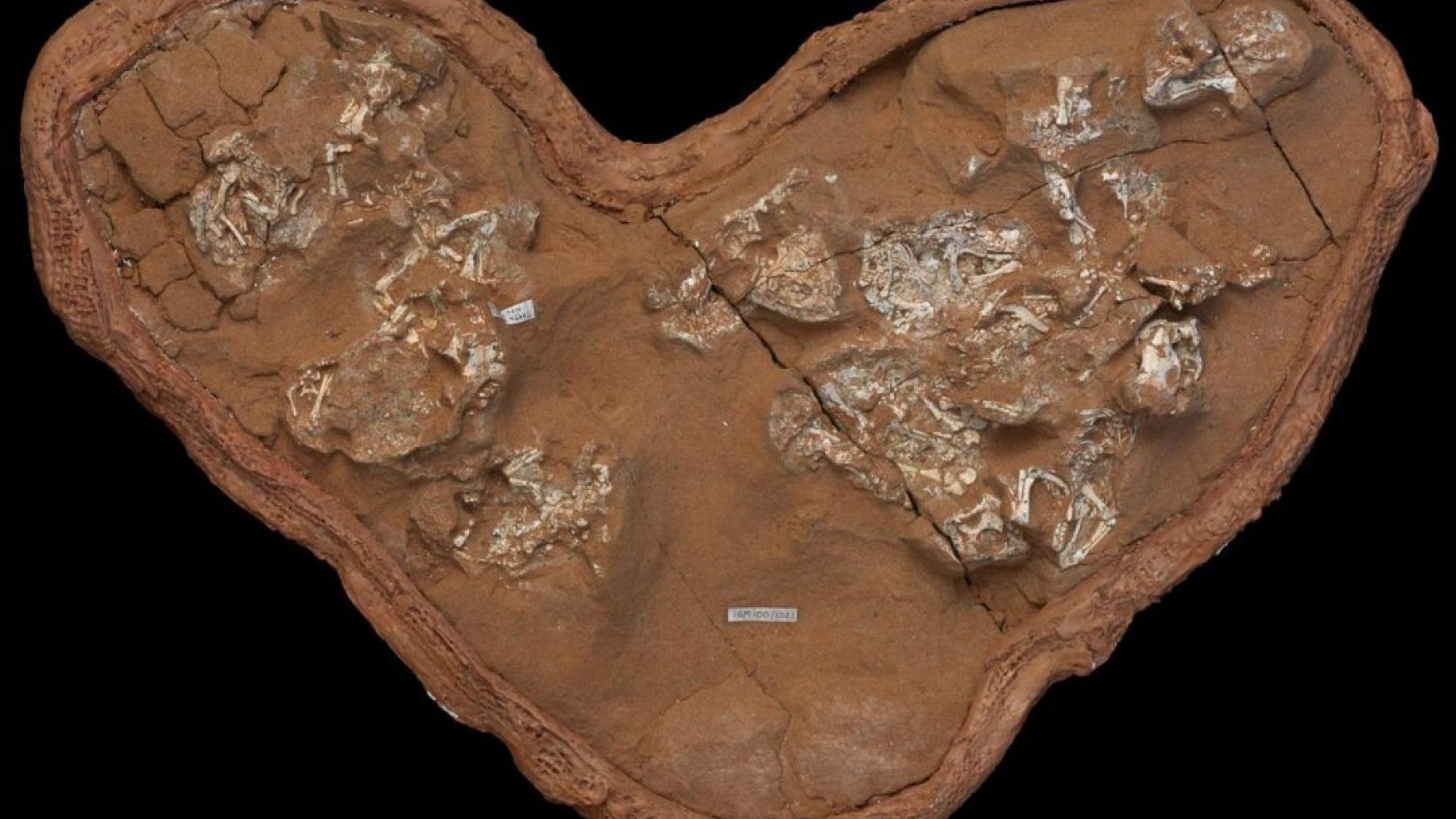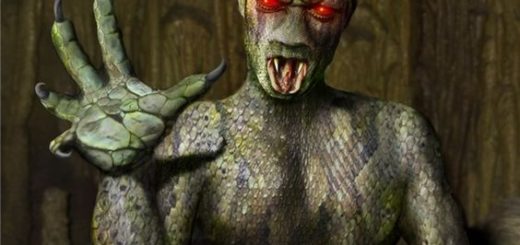Early dinosaur eggs may have been ‘soft like a turtle’s,’ study says

A new study suggests the eggs of early dinosaurs were soft-shelled, going against popular belief.
The study, published in Nature, notes that the first dinosaur eggs were soft-shelled as opposed to hard-shelled, similar to the modern-day turtle.
“The assumption has always been that the ancestral dinosaur egg was hard-shelled,” said lead author of the study, Mark Norell, in a statement.
‘BONECRUSHING’ CROCODILE THAT HUNTED DINOSAURS 230M YEARS AGO DISCOVERED IN BRAZIL
Norell added dinosaur eggs have been found all over the world for the past 20 years. They’ve been comprised of three groups — theropods, hadrosaurs and sauropods, but no eggs of ceratopsians (which includes Triceratops), which has led him to believe “they were soft-shelled.”
The researchers looked at fossilized eggs of two dinosaurs, Protoceratops, and Mussaurus for their study. They found that the eggs and associated embryos “were indeed non-biomineralized — and, therefore, leathery and soft.”
“From an evolutionary perspective, this makes much more sense than previous hypotheses, since we’ve known for a while that the ancestral egg of all amniotes was soft,” Yale graduate student and one of the study’s co-authors, Matteo Fabbri, added. “From our study, we can also now say that the earliest archosaurs – the group that includes dinosaurs, crocodiles, and pterosaurs – had soft eggs. Up to this point, people just got stuck using the extant archosaurs – crocodiles and birds – to understand dinosaurs.”
INCREDIBLE DISCOVERY SHOWS 110M-YEAR-OLD DINOSAUR’S LAST MEAL PRESEERVED
A second study, also published in Nature, notes that a giant 66-million-year-old “soft-shelled egg” was discovered in Antarctica.
“The identity of the animal that laid the egg is unknown, but these preserved morphologies are consistent with the skeletal remains of mosasaurs (large marine lepidosaurs) found nearby,” researchers wrote in the second study.
Researchers continue to learn more about the early days of the dinosaurs. A study published last month found that some dinosaurs who faced scarce resources resorted to scavenging and possibly cannibalism.
A study published in March suggested dinosaurs traveled significantly shorter distances and had drastically different migration behavior than initially believed.



 Creators of mankind
Creators of mankind Description of “Tall white aliens”
Description of “Tall white aliens” Where they came from?
Where they came from? About hostile civilizations
About hostile civilizations The war for the Earth
The war for the Earth “Tall white aliens” about eternal life
“Tall white aliens” about eternal life Video: “Nordic aliens”
Video: “Nordic aliens” Aliens
Aliens Alien encounters
Alien encounters The aliens base
The aliens base UFO
UFO Technology UFO
Technology UFO Underground civilization
Underground civilization Ancient alien artifacts
Ancient alien artifacts Military and UFO
Military and UFO Mysteries and hypotheses
Mysteries and hypotheses Scientific facts
Scientific facts


















